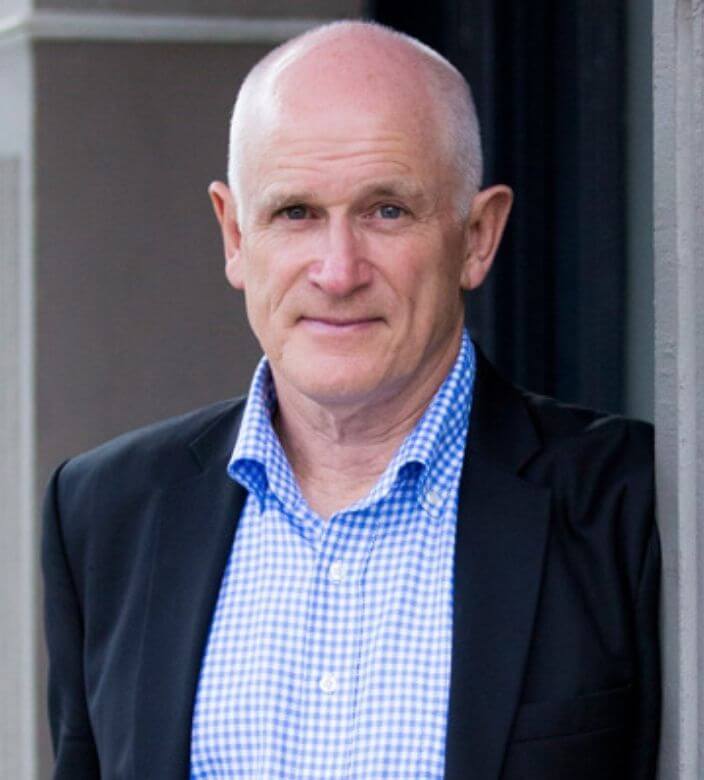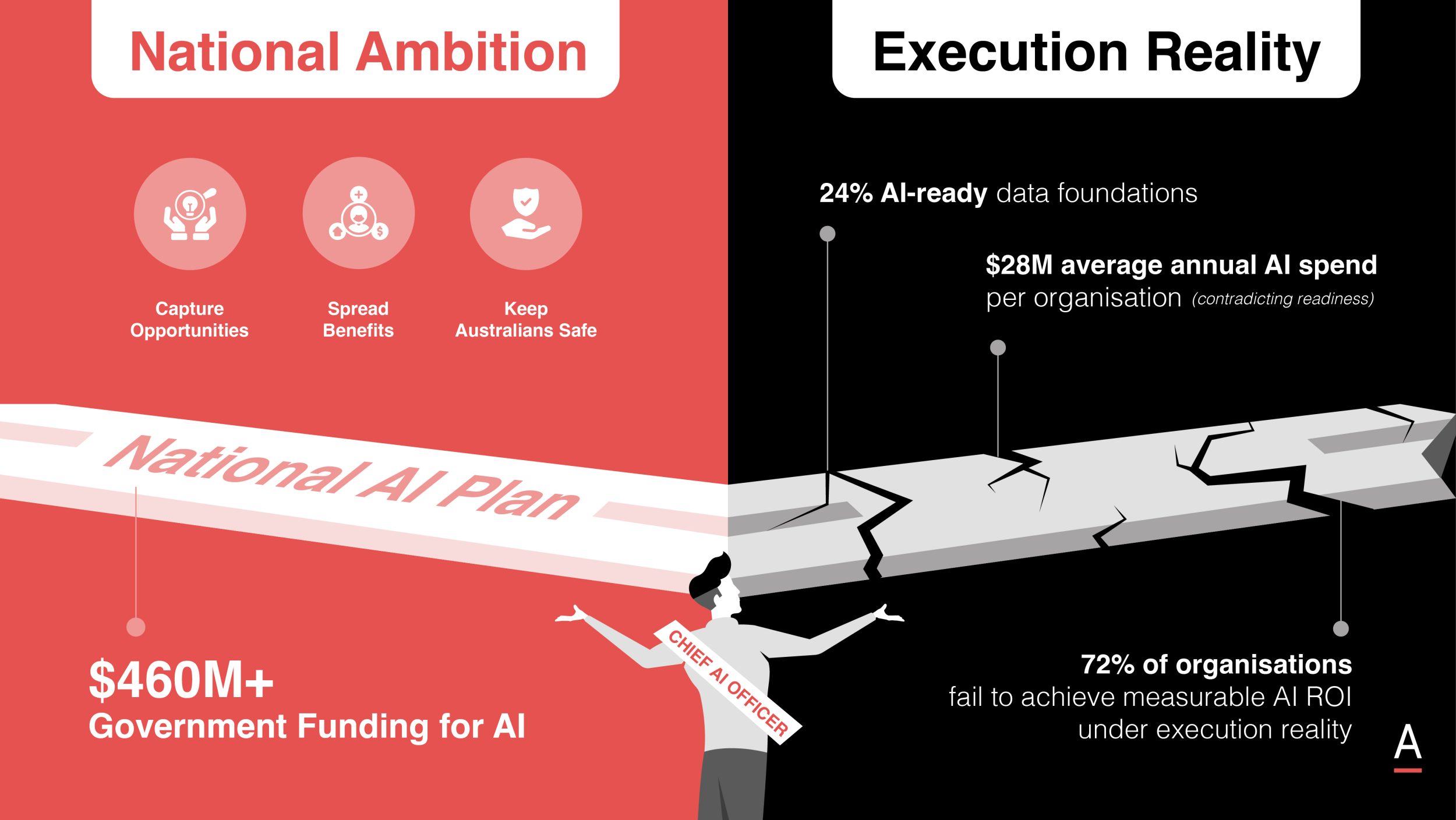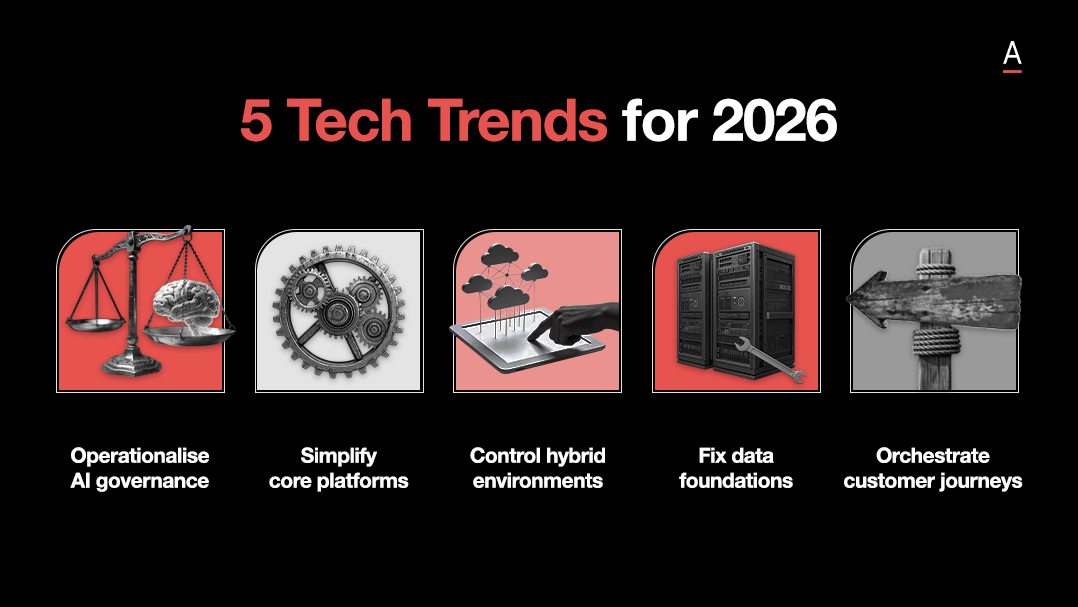Powering the Future: SA Power Networks’ IT Chief on the Role of Data in the Energy Sector
During an interview at Data & AI Edge, Matthew Pritchard, Head of IT Strategy at SA Power Networks, shared his thoughts on the challenges and opportunities that data and AI bring to the rapidly evolving energy sector.During an interview at ADAPT’s Data & AI Edge, Matthew Pritchard, Head of IT Strategy at SA Power Networks, shared his thoughts on the challenges and opportunities that data and AI bring to the rapidly evolving energy sector.
Embracing Data for Energy Transformation
Matthew highlighted the dramatic shifts in the electricity industry driven by renewable energy adoption, fundamentally altering energy flow through the grid.
He emphasised that to keep up with these changes, it’s crucial to redesign technology to ensure safety, quality, and reliability.
Data is central to this transformation, enabling precise asset management and optimising green energy usage.
Overcoming Data Culture Challenges
Building a strong data culture within an organisation, especially one with long-standing practices, is no easy feat.
Matthew explained that the first step is to identify data owners, promote data literacy, and establish strong data governance.
By involving stakeholders in these processes, organisations can foster a sense of ownership and significantly improve data quality and usage.
Leveraging AI for Operational Efficiency
SA Power Networks has made great strides in data quality and governance. Matthew envisions AI transforming how field crews interact with technology, making their work more streamlined and safer.
By integrating AI, the goal is to make technology serve the users, not the other way around.
Key Takeaways:
Targeted AI Solutions: Focus on specific, manageable problems, like automating frequent support tasks, to harness AI effectively.
Data Culture: Promote data literacy and establish strong data governance to improve data quality and usage.
Operational Efficiency: Use AI to streamline operations, making technology serve users and enhancing safety and efficiency.






























